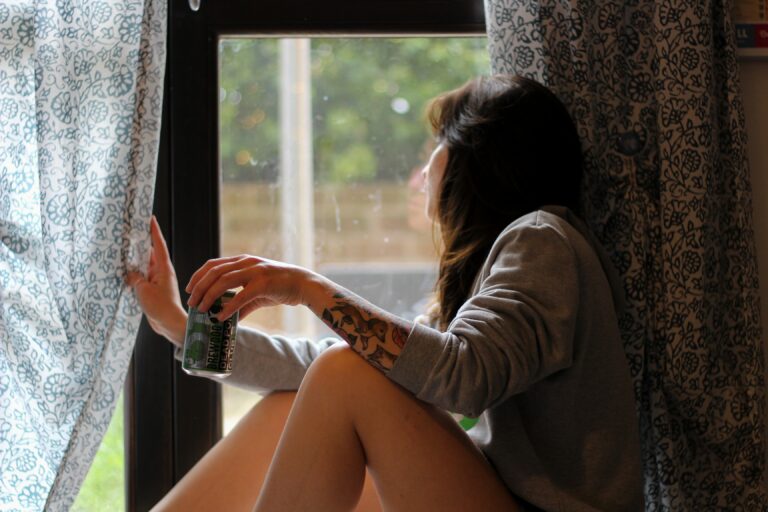I started reading Katherine May’s Wintering at the tail end of 2020, a year that we’re all too aware was one of the emotionally chilliest. It’s a beautiful, contemplative book, one that embodies it’s subject and feels best read like a hot tea – sipped slowly. But like I tend to do with all hot beverages, I took so long to sip it that it turned cold (or, in this case, warm outside) and I had to put it down.
I picked it up again in the winter of 2021 with a renewed appreciation for May’s premise – that there is beauty in the grittiness and slowness that winter brings. A year and a half into pandemic life with four young children and a bleeding marriage, I sank into her words like a welcome warm blanket. “Life meanders like a path through the woods,” I read. “We have seasons when we flourish and seasons when the leaves fall from us, revealing our bare bones. Given time, they grow again.”
Through the darkness of those cold months, I held on to May’s assurance that they would grow again, and I reflected on her advice, even while not (really) taking it. She suggested that when in periods of winter – both the literal and figurative seasons — we stop denying our basic human drives and instead embrace them. She wanted us, essentially, to rest.
The fact that entire books like Wintering or Tricia Hersey’s new Rest is Resistance exist to make the case for slowing down reinforces the absurdity that we no longer know how to do so. Even the cozy couch photos we subtly share on social media have been meticulously curated, with the actual couch time consisting mostly of editing and captioning.
Fortunately for us, our hustle culture is too new to have totally stamped out our biological drive for rest and renewal. If we tune in to our natural inclinations, we find that winter generally encourages us toward more solitude and conserving of energy. Our pace slows; our intensity wanes.
Our culture tries to prescribe all sorts of antidotes to this slowing down. Supplements, exercise routines, new year’s goal setting, and winter festivities tell us not to let these shorter days distract us from the productivity that could be ours if we just push through the urge to crawl back in bed.
But what might it be like if instead of acting against our natural rhythms, we leaned into them? What if we embraced extra sleep, slower days, fewer projects, less hustle? What if we turned down invitations and canceled our plans? What if we got fresh air and wore only comforting clothes and dropped extra commitments?
Might we counter our burnout epidemic? Could we address the widespread sleep disorder problem we have? Could we make depression and anxiety less debilitating? Would we be less irritable and a bit kinder to each other?
Now, I’m not talking about hiding in a cave for three months – though if you can make that work, I’d genuinely love to see how it goes. What I am talking about is embracing the spirit of hibernation in a way that allows us to truly restore for the reawakening of the spring.
Here are some ways that might look:
- Striving for at least 10 hours of sleep per night.
- Having plan-free weekends open for lounging.
- Resisting the urge to sign kids up for winter activities.
- Taking or building opportunities for naps into your day.
- Setting a cap on the number of new work projects you can start.
- Deciding which “obligations” are not actually obligations – parties, thank you notes, gift giving for people you barely know, etc.
- Making your “outings” walks outside in the brisk air.
- Skipping any “grooming” tasks that feel painful or like work.
- Limiting your buying to necessary things to break the dopamine cycle of spending..
- Embracing foods and meal rituals that feel comforting.
- Taking long, mindful baths or showers.
- Eliminating after-work outings.
- Taking a social media break for a period of time.
Last year, I savored Katherine May’s words. This year, I’m leaning into them.
As the days continue to shorten and the chill in the air gets sharper, my wish for us is that we can honor the wonder of the winter and our own slowness.


